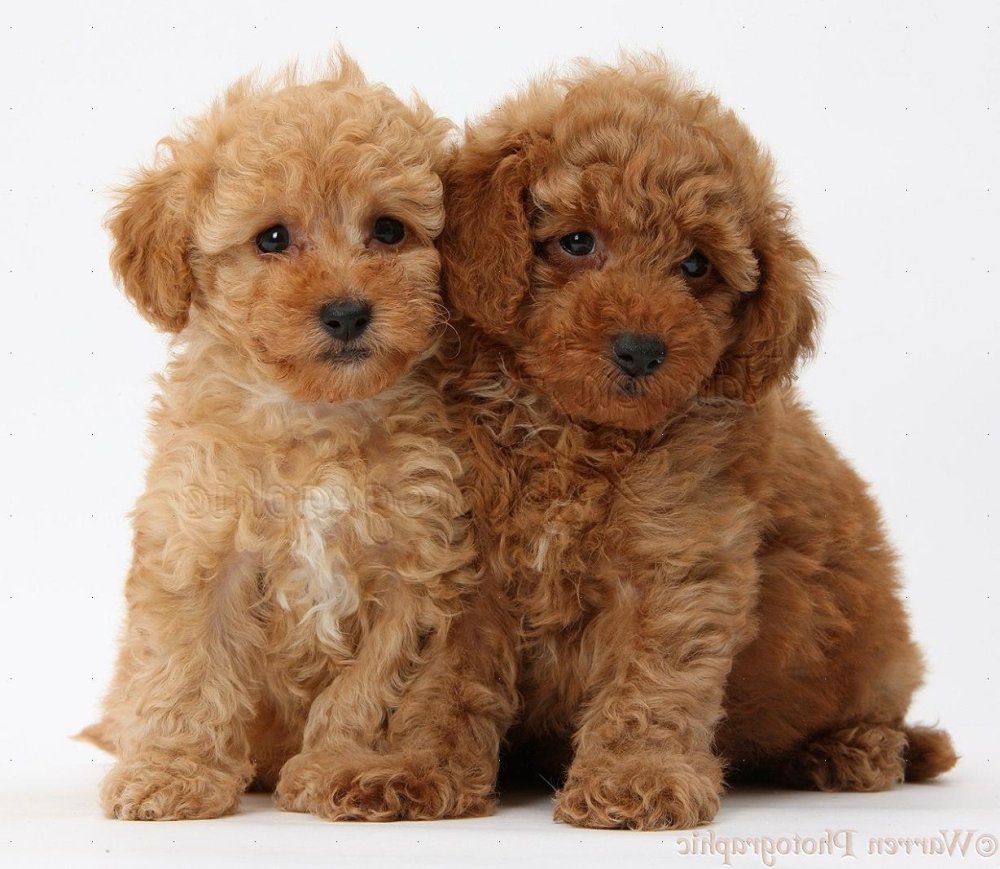- Breed Category: Toy Group
- Country of Origin: France
- Average Height: 24-28 cm (9.5-11 inches)
- Average Weight: 2.5-4 kg (5.5-9 pounds)
- Average Life Span: 12-15 years
- Grooming Requirements: High; regular grooming needed
- Exercise Requirements: Moderate; daily walks and play
- Coat Type: Curly and dense
- Coat Color Variations: Black, white, apricot, red, more
- Shedding Level: Low
- Ear Type: Long and floppy
- Tail Type: Docked or natural
- Temperament: Intelligent, alert, friendly
- Intelligence Level: Very high
- Barking Tendency: Moderate
- Compatibility with Children: Good with supervision
- Compatibility with Other Pets: Generally good
- Training Ease: Easy; eager to please
- Common Health Issues: Patellar luxation, eye disorders
- Dietary Needs: High-quality small breed diet
- Energy Level: High
- Drooling Tendency: Low
- Sensitivity to Weather: Sensitive to cold
- Overall Maintenance Level: High
- Original Purpose: Companion and performer
- Year of Recognition by Kennel Clubs: 1887
- Apartment Friendly: Yes
- Best Suited For: Families, singles, seniors
- Cost of Ownership: Moderate to high
- Unique Traits: Hypoallergenic coat
- Popularity Rank: High
Imagine a dog that combines the elegance of a ballet dancer with the intelligence of a chess grandmaster. That’s the Toy Poodle for you. This pint-sized pooch is not just a pretty face; it’s a bundle of brains and beauty. Originating from the larger Standard Poodle, the Toy Poodle has carved out its own niche as a beloved companion. Known for their hypoallergenic coats and lively personalities, these dogs are perfect for city dwellers and families alike. This article will dive into the Toy Poodle’s unique characteristics, rich history, and essential care tips. Whether you’re considering adding one to your family or just curious, you’ll find everything you need to know right here.
History and Origin of the Toy Poodle
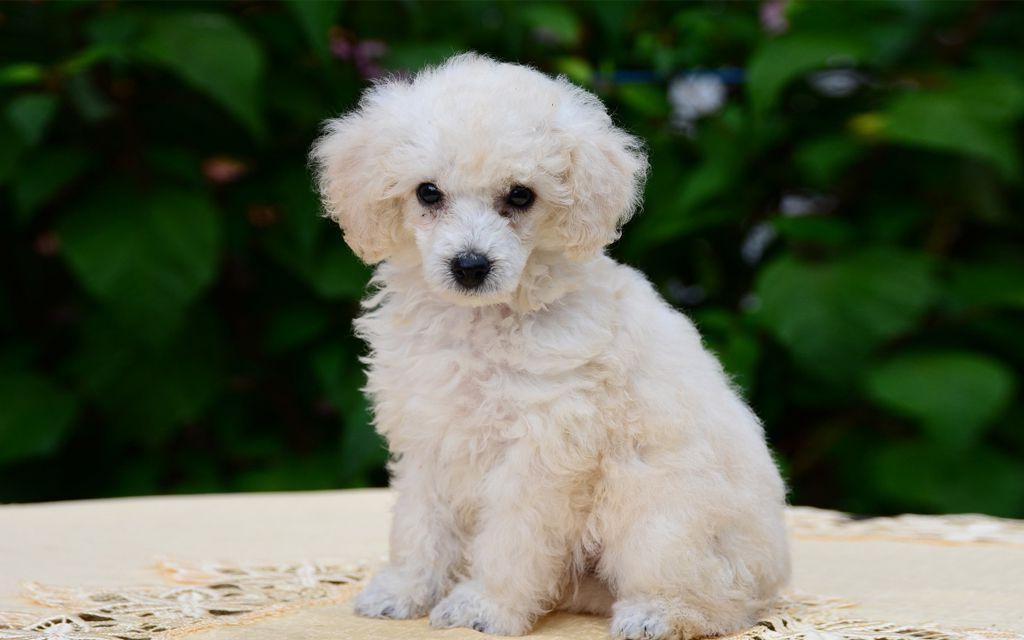
Early Development of the Toy Poodle Breed
The Toy Poodle’s journey began as a smaller version of the Standard Poodle, bred down in size to suit the needs of those seeking a more compact companion. This miniaturisation process took place primarily in France, where breeders focused on maintaining the intelligence and elegance of the larger Poodles while creating a dog that could easily adapt to smaller living spaces. The result was a dog that retained all the charm and wit of its larger relatives but in a more manageable size.
Role in European Aristocracy and Companionship
Throughout history, Toy Poodles have been adored by European aristocracy. Their refined appearance and lively nature made them the perfect lapdogs for the elite. These little dogs were often seen in the courts of France and England, where they served not only as companions but also as symbols of status and sophistication. Their popularity among the upper classes helped cement their reputation as a breed of distinction.
Key Historical Figures and Events
Several key figures played a role in the Toy Poodle’s development. Notably, King Louis XVI of France was a known admirer of the breed, and his fondness for these dogs helped boost their popularity. Over time, the Toy Poodle’s appeal spread beyond the aristocracy, becoming a beloved pet for families across Europe. This widespread affection for the breed ensured its survival and continued development into the charming companion we know today.
Physical Characteristics of the Toy Poodle
Appearance
The Toy Poodle is a small yet striking dog, typically weighing between 2.5 to 4.5 kilograms and standing about 24 to 28 centimetres tall. Their coat is a standout feature, often seen in a variety of colours like apricot, black, white, and grey. This curly, dense coat not only adds to their charm but is also hypoallergenic, making them a great choice for allergy sufferers.
Distinctive Features
One of the most distinctive features of the Toy Poodle is their elegant and compact build. Despite their small size, they carry themselves with a certain grace and poise that’s hard to miss. Their dark, oval eyes are full of intelligence and curiosity, while their ears hang close to the head, adding to their refined appearance.
Unique Physical Traits
Beyond their size and coat, Toy Poodles are known for their athleticism and agility. Their well-proportioned bodies allow them to move with a fluidity that’s both captivating and practical, whether they’re playing in the backyard or strutting their stuff in a dog show. This combination of elegance and athleticism is part of what makes them such a beloved breed.
Temperament and Behaviour of the Toy Poodle
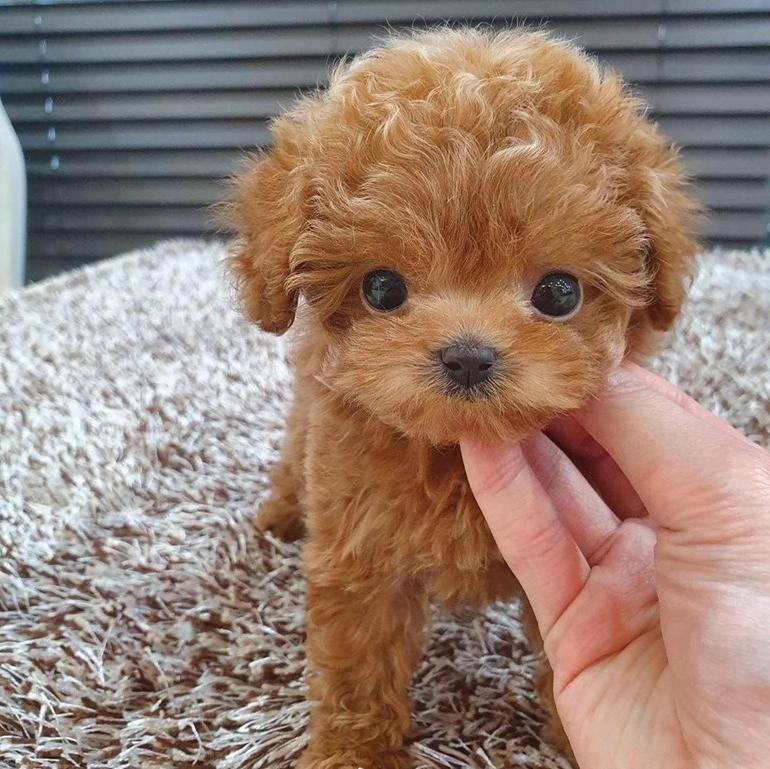
Typical Personality Traits
Toy Poodles are known for their intelligence and playfulness. These little dogs are quick learners, often excelling in obedience training and agility courses. Their sharp minds are matched by a lively spirit, making them a joy to have around. Adaptability is another strong suit; whether in a bustling city apartment or a quiet suburban home, they adjust with ease.
Suitability as a Family Pet and Companion
As family pets, Toy Poodles are hard to beat. Their affectionate nature and eagerness to please make them wonderful companions. They thrive on human interaction and are happiest when included in family activities. Their small size and gentle disposition make them suitable for families of all sizes.
Interaction with Children and Other Animals
Toy Poodles generally get along well with children, especially when socialised from a young age. They enjoy playtime and can be quite gentle with little ones. When it comes to other animals, they are usually friendly and sociable, making them a great addition to multi-pet households.
Training and Exercise Needs of the Toy Poodle

Importance of Early Training and Socialisation
Getting a head start on training and socialisation is crucial for Toy Poodles. These clever little dogs thrive when introduced to new experiences early on. It helps them grow into well-rounded adults, comfortable in various situations. Socialising them with different people, pets, and environments can prevent behavioural issues down the line.
Recommended Training Techniques for Toy Poodles
When it comes to training, positive reinforcement is the way to go. Toy Poodles respond well to treats, praise, and play as rewards. Keep sessions short and fun to maintain their interest. Consistency is key, so make sure everyone in the household is on the same page with commands and rules.
Daily Exercise Requirements and Activities They Enjoy
Despite their small size, Toy Poodles have plenty of energy to burn. A daily walk, combined with some playtime, usually does the trick. They love activities that challenge their minds, like puzzle toys or agility courses. Interactive games like fetch or hide-and-seek can also keep them entertained and fit.
Health and Lifespan of the Toy Poodle

Common Health Issues
Toy Poodles, like many purebred dogs, can be prone to certain health issues. Patellar luxation, where the kneecap dislocates, is a common concern. They may also face dental problems due to their small mouths, so regular dental care is essential. Eye conditions like progressive retinal atrophy can occur, affecting their vision over time.
Average Lifespan and Health Tips
With proper care, Toy Poodles can live a long and healthy life, often reaching 12 to 15 years. To keep them in top shape, a balanced diet and regular exercise are crucial. Their small size means they don’t need a lot of food, but quality nutrition is key. Regular vet check-ups can catch potential issues early, ensuring they stay healthy and happy.
Preventative Care Recommendations
- Schedule annual vet visits for comprehensive health checks.
- Maintain a consistent dental care routine, including brushing and professional cleanings.
- Keep their vaccinations and parasite prevention up to date.
- Monitor their weight to prevent obesity, which can lead to other health problems.
By following these guidelines, you can help your Toy Poodle enjoy a long, vibrant life.
Grooming and Maintenance of the Toy Poodle
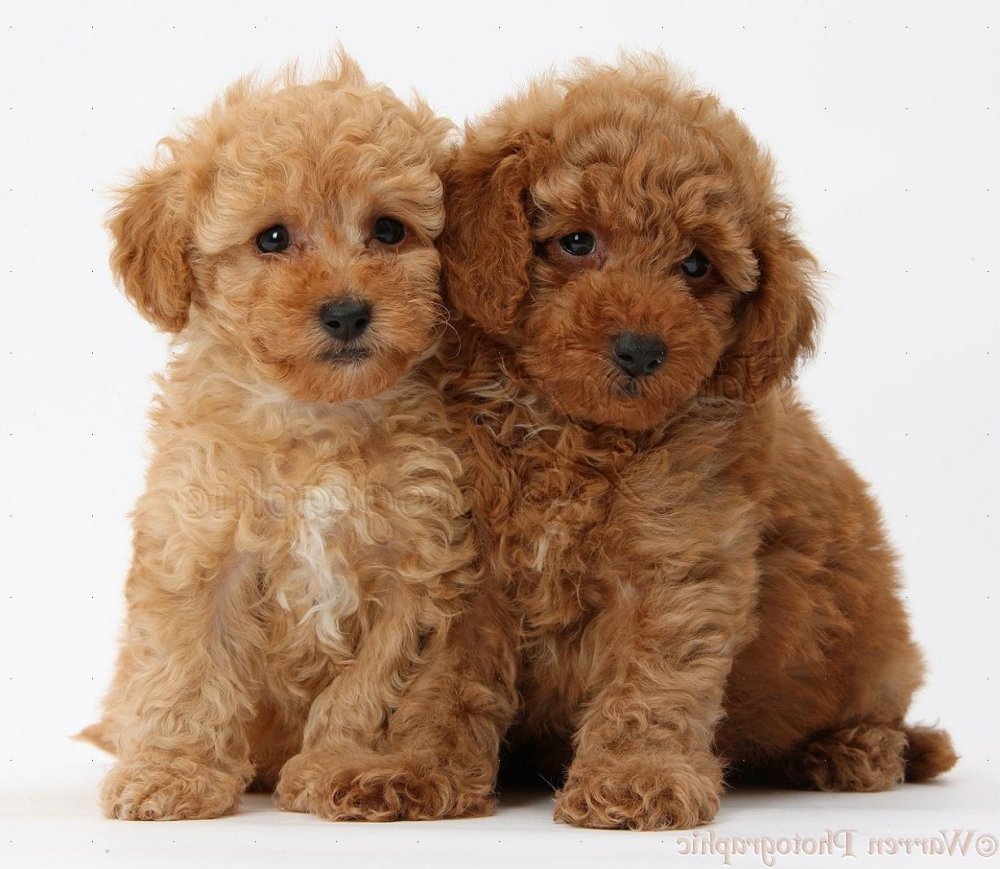
Coat Care and Grooming Routines
Toy Poodles boast a beautiful, curly coat that requires regular attention to keep it looking its best. A consistent grooming routine is essential. Aim to brush their coat several times a week to prevent tangles and mats. Regular brushing also helps distribute natural oils, keeping their coat healthy and shiny.
Professional grooming every six to eight weeks is recommended to maintain their iconic look. This includes trimming their coat, cleaning their ears, and clipping their nails. Keeping their coat at a manageable length can make daily maintenance easier.
Shedding and Seasonal Grooming Tips
One of the perks of having a Toy Poodle is their minimal shedding. However, their coat still requires attention, especially during seasonal changes. In warmer months, consider a shorter trim to keep them comfortable. During cooler seasons, a slightly longer coat can provide extra warmth.
Regular baths, about once a month, can help keep their coat clean and free from dirt. Use a gentle dog shampoo to avoid skin irritation. With the right care, your Toy Poodle will not only look fabulous but feel great too.
Diet and Nutrition for Toy Poodles

Nutritional Needs for Optimal Health
Feeding your Toy Poodle the right diet is crucial for their health and vitality. These little dogs need a balanced diet rich in proteins, healthy fats, and carbohydrates. Proteins support muscle development, while fats provide energy and keep their coat shiny. Carbohydrates are essential for overall energy levels.
Foods to Include and Avoid
Include high-quality dog food with real meat as the first ingredient. Look for foods with omega-3 and omega-6 fatty acids for skin and coat health. Avoid foods with artificial additives, fillers, and excessive grains. Human foods like chocolate, onions, and grapes are toxic and should be avoided.
Feeding Schedules and Portion Recommendations
Establishing a regular feeding schedule helps maintain your Toy Poodle’s digestive health. Feed them twice a day, once in the morning and once in the evening. Portion sizes depend on their age, weight, and activity level, but generally, ¼ to ½ cup of dry food per meal is a good starting point. Adjust as needed to maintain a healthy weight.
Fun Facts and Trivia about Toy Poodles
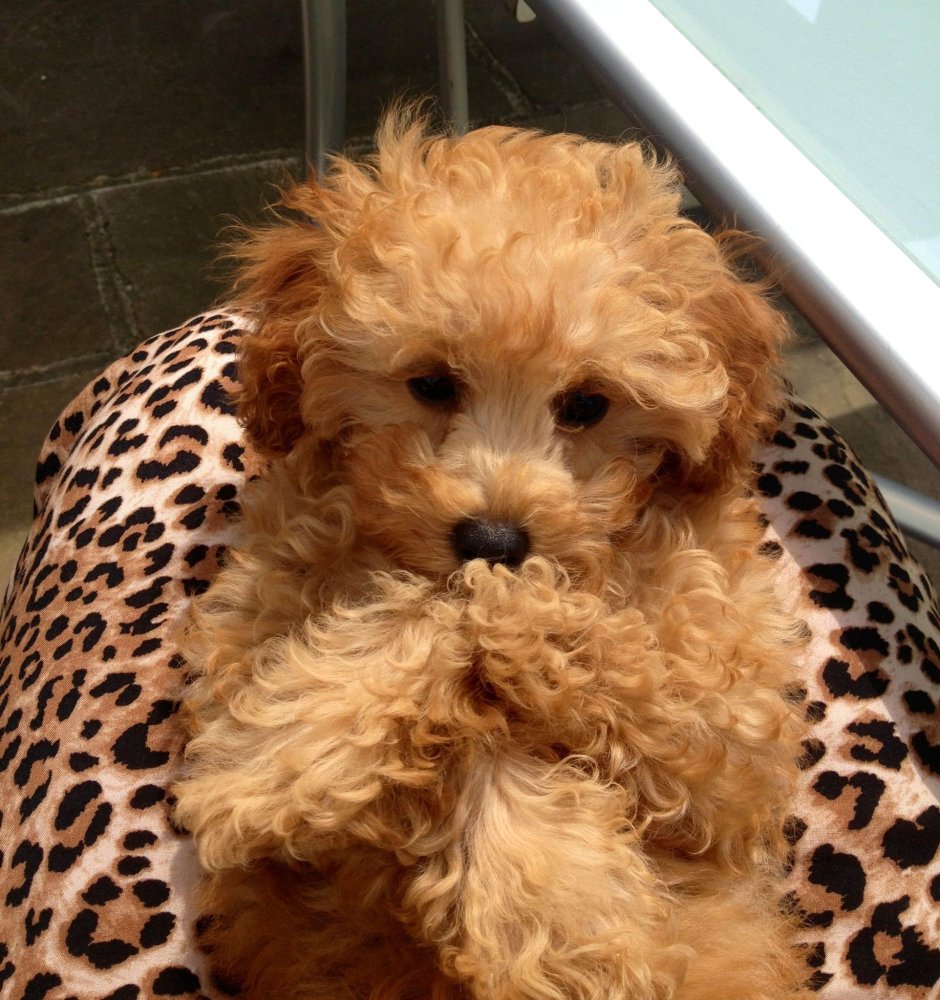
Interesting Tidbits about the Toy Poodle Breed
Toy Poodles are not just about looks; they have a rich history and some fascinating traits. Did you know that these little dogs were originally bred for hunting waterfowl? Their intelligence and agility made them excellent retrievers. Despite their small size, Toy Poodles are known for their athletic prowess and often excel in dog sports like agility and obedience.
Another fun fact is their hypoallergenic coat, which makes them a popular choice for allergy sufferers. Their curly fur traps dander, reducing the amount released into the air. This feature, combined with their charming personality, makes them a favourite among city dwellers and families alike.
Famous Toy Poodles in Media or History
Toy Poodles have made their mark in media and history. One of the most famous Toy Poodles was “Foo Foo,” the beloved pet of Elvis Presley. Known for his love of animals, Elvis often pampered Foo Foo, who even had a custom-made wardrobe.
In the world of film, Toy Poodles have appeared in various movies and TV shows, often portraying the quintessential pampered pet. Their elegant appearance and trainability make them a natural fit for the screen, capturing the hearts of audiences worldwide.
Final Thoughts
The Toy Poodle is a perfect blend of elegance and intelligence. This breed’s charm and adaptability make it a beloved companion for many. With their hypoallergenic coats and lively personalities, Toy Poodles offer both beauty and brains, making them ideal for various living situations. Whether you’re drawn to their rich history or their playful nature, these dogs promise a rewarding companionship. Consider welcoming a Toy Poodle into your life and experience the joy they bring firsthand.
